Do You Know Yourself?
Inscribed above the Temple of Apollo in the ancient Greek precinct of Delphi were the words “Know Thyself.”
Anyone who passed into the temple was tasked with the same thing:
To know who they truly are.
My wife Rachael and I have a quote from Swiss Psychiatrist and Psychoanalyst Carl Jung etched onto a square piece of metal stuck on the outside wall of our house, which we bought from a monastery on a mountain in Big Sur. It reads:
“Who looks outside, dreams. Who looks inside, awakens.”
Each time we pass through our doors, we are reminded of the profound journey of self-discovery: to move towards awareness, remembering, recovering, awakening, knowing.
In modern times, knowing ourselves means going beyond our usual identifiers.
But our times are often fragmentary; we feel them in our many distractions, anxiously leaping thoughts and in our half-hearted commitments in our culture of busyness. We often find that having unifying conversations with our families, communities, and others is difficult and that descending to the depths of what it means to be human is negatively impacted by our propensity to avoid our vulnerabilities, or to let them control us through heightened emotional reactivity.
It is part of the reason we have a task to know ourselves as deeply as possible: to ensure that, as we act in the world around us and wear our inevitable masks as we encounter our loved ones and broader communities, we wear the one closest to our naked faces as possible. Our authenticity, which springs from self-knowing, will allow us to understand each other on the most profoundly deep levels. This brings about understanding, wholeness, cohesion, and healing.
But wearing masks at all brings about the question: Who are we, really?
Are we merely our jobs, our roles in society, our labels? Are we an amalgamation of these things, or something else entirely? Should I “I am” my label as a poet or as the current Poet Laureate of Malibu? Why or why not? How does our undertaking the role of poet, artist, father, mother, brother, salesperson, chef, programmer, etc., help us, and in what way are these things limiting? Can we truly define ourselves by these roles, or is there something deeper that defines us?
The only constants in this world are paradoxical: We exist between the poles of nothingness and infinity, along with the rest of the universe, are the changes manifesting inside these poles.
As conscious beings, we ‘exist’ inside a specific timeframe, spatial reality, and context. What does it mean to know these things, if they can be truly known at all? How can we know what we are by simultaneously honoring ourselves and our communities through an authentic process and not just conforming to another’s mode of thinking, including that of our old selves?
While we plant our feet on the cold, material earth, we also float through the groundless ground of our spirits, like a candle flame reflecting off the water, tasked with remembering and knowing who (or what) we truly are. This knowing doesn’t have a language—its depths are wordless.
But poetry is the best way to approximate it through language.
True knowing is label-less, beyond concepts, although we attempt to capture it in our verbal nets through words like “God,” “Christ,” “Buddha-consciousness,” “Allah,” “YHVH,” “Nonbeing,” “No-Mind,” “Universe,” “Eternal Void,” etc. But these are words and concepts, treasure chests of symbols we cannot dance around and admire the outside of, but that which we need to crack open into the blaring light we need to dive into, no matter how fearful we may be to do so.
If change is always happening, how do we honor change to ensure it is as conscious as possible, always moving toward the gold of the True Self? How might reading and writing poetry help us, in Carl Jung’s words, individuate: become who we truly are as individuals—wedding together our opposites, reconciling the fundamental tension of being human, knowing ourselves in and the radical contradictions we try to shield ourselves from?
Does poetry even need to do this? Does it need to do anything, function as a contextualized relic of art, be a dynamic experience that functions as a wide-open dialogue between writer/speaker and reader/listener, or just be, borrowing the term from phenomenology, its own essence? What is in us that knows that poetry reveals, and what is in poetry that knows that reveals something in us? What can we create if we truly know ourselves? What can we make as a result?
Thank you for reading. Please sign up for my mailing list for more.
— Nathan Hassall


